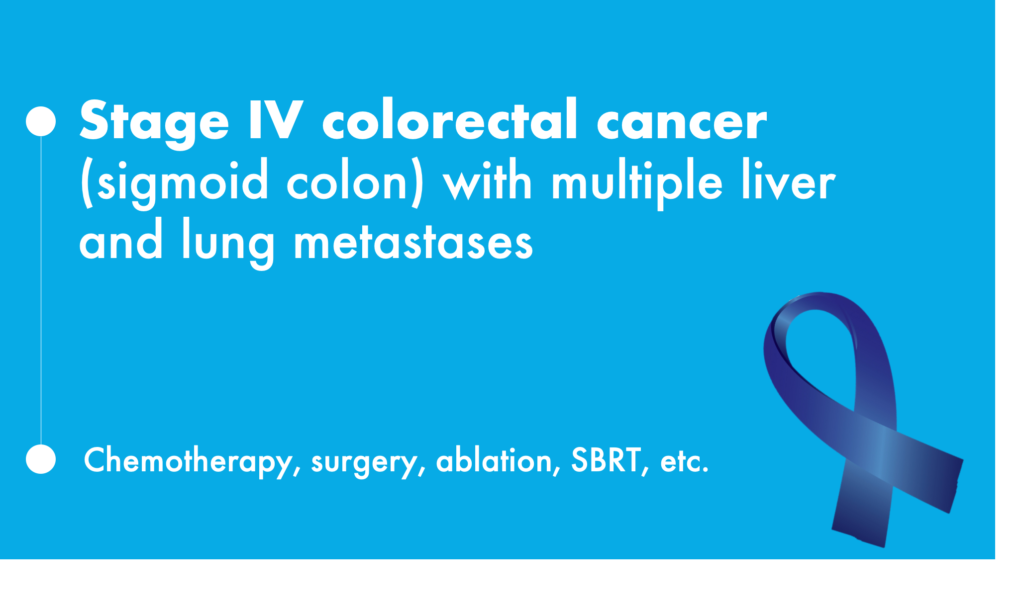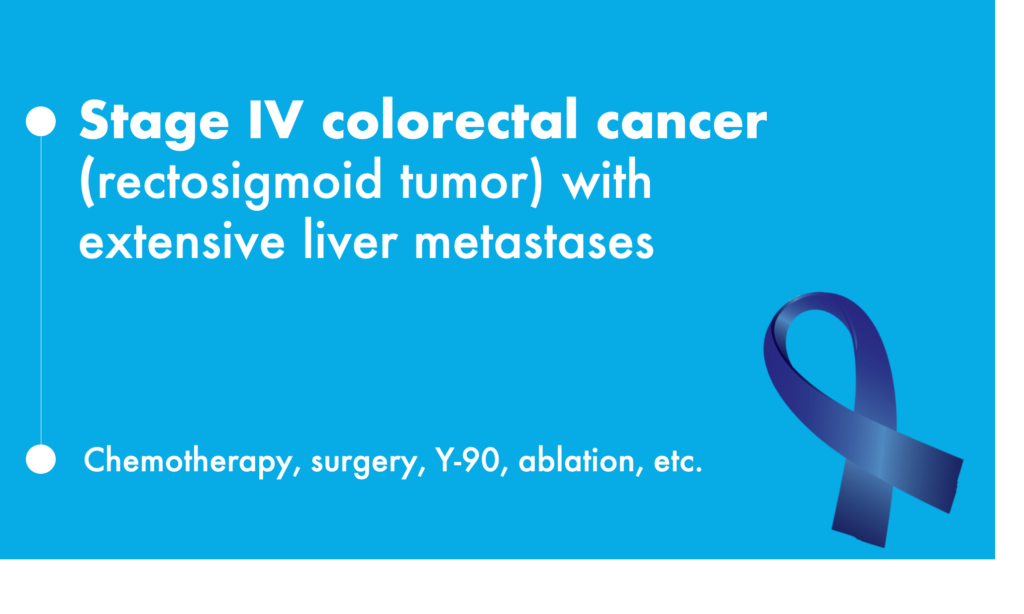Journey of Resilience
Overcoming Stage IIIB Breast Cancer: A Journey of Strength and Hope
From Diagnosis to Recovery: A Story of Resilience
In 2020, a 68-year-old woman noticed a persistent firmness in her left breast. Despite multiple normal mammograms (BI-RADS 2), the concern remained due to skin thickening and a “peau d’orange” appearance. Further investigations, including an ultrasound and breast biopsy, confirmed Stage IIIB invasive ductal carcinoma with extensive lymphovascular invasion.
Her medical history included diabetes, hypertension, and past uterine fibroids, and she had a strong family history of cancer—her mother had breast cancer, and her father had lung cancer.
To shrink the tumor before surgery, she underwent four cycles of neo-adjuvant chemotherapy with doxorubicin and cyclophosphamide, completing treatment in February 2021. In March 2021, she had a left breast mastectomy with axillary sampling, and post-surgery pathology confirmed Grade 2 invasive ductal carcinoma.
However, before starting post-mastectomy chemotherapy, she experienced uncontrolled movements in her right arm and weakness in her right leg. A brain CT scan revealed a solitary metastasis in the left subthalamic region.
She proceeded with four cycles of paclitaxel chemotherapy, followed by Gamma Knife Radiosurgery (GKRS) in May 2021 to target the brain metastasis. The procedure was performed with precision, delivering an 18 Gy dose to the lesion without complications.
To ensure local control, she also completed post-mastectomy radiation therapy to the chest wall and nodal areas.
Six months after completing treatment, there was no evidence of further disease spread. The involuntary arm movements and leg weakness significantly improved, and she continued regular follow-ups.
Diagnosis
Stage IIIB invasive ductal carcinoma with a hidden metastasis to the brain detected post-mastectomy
Biomarker profile: Not reported
Treatment
Neo-adjuvant chemotherapy, mastectomy, paclitaxel chemotherapy, Gamma Knife Radiosurgery, and radiation therapy
Outcome
No signs of disease recurrence, with marked improvement in neurological symptoms
Source: Shanbhag, N. M., Tom, M. C., Duncan, A., & Sumaida, A. B. (2024). Impact of Clinical Examination and Gamma Knife Surgery in Stage IV Breast Cancer With Brain Metastasis. Cureus, 16(1).
.


